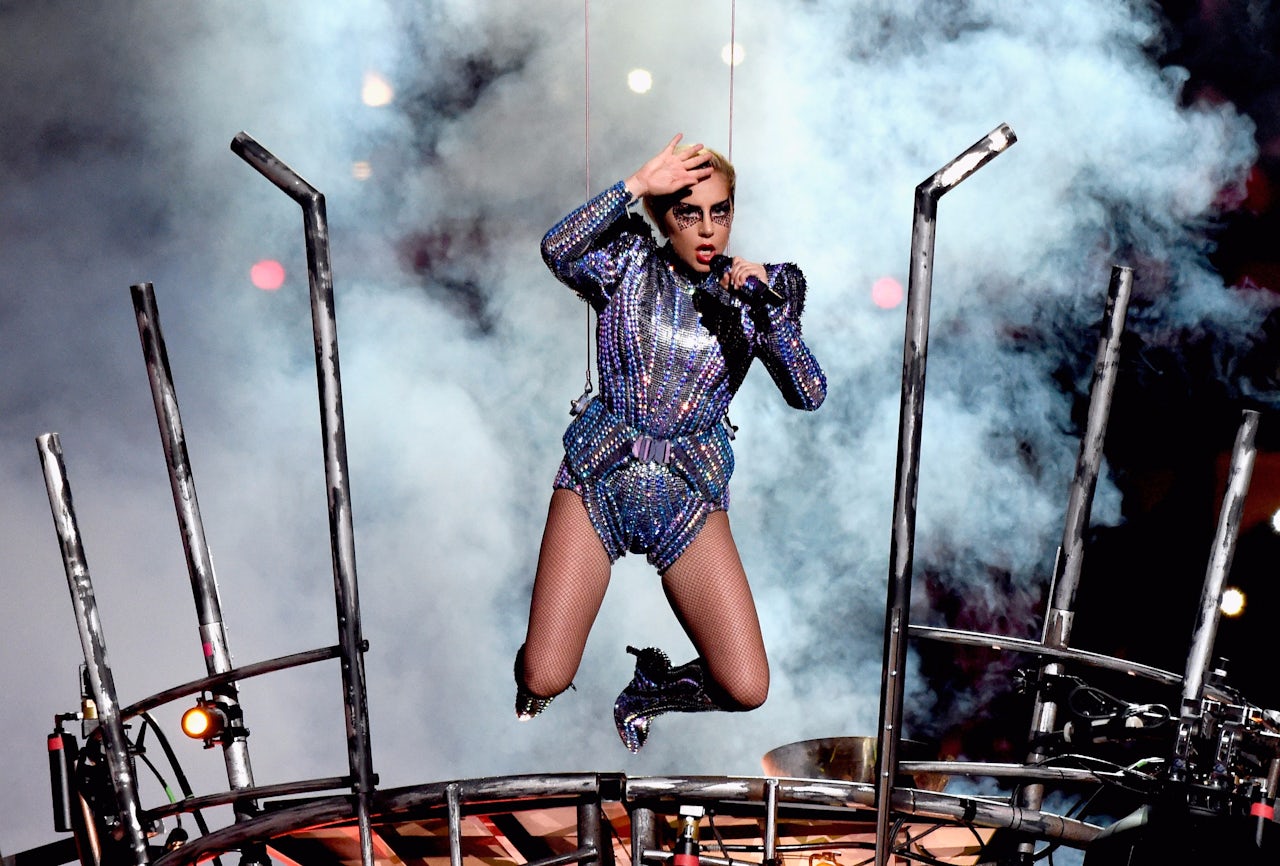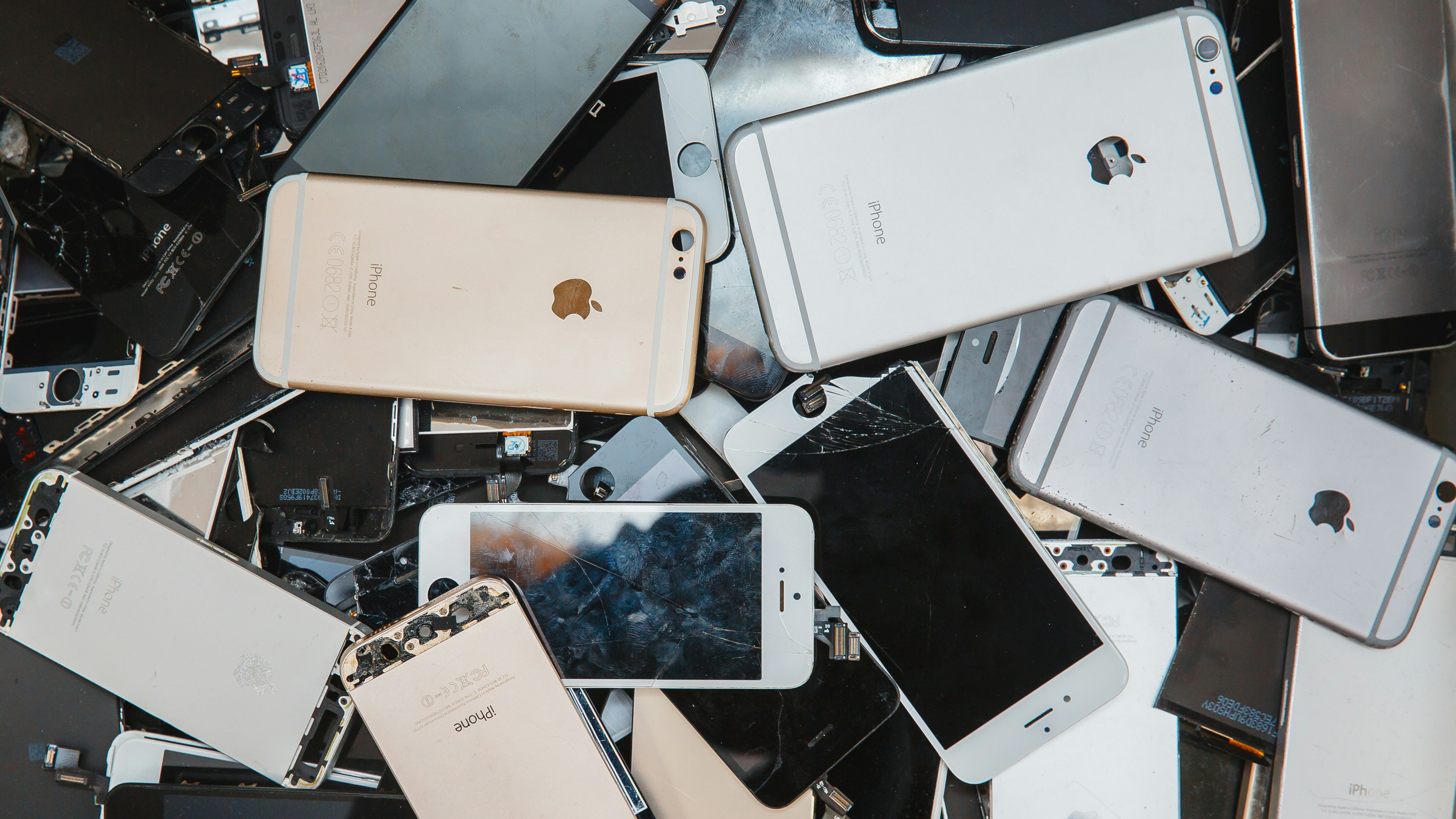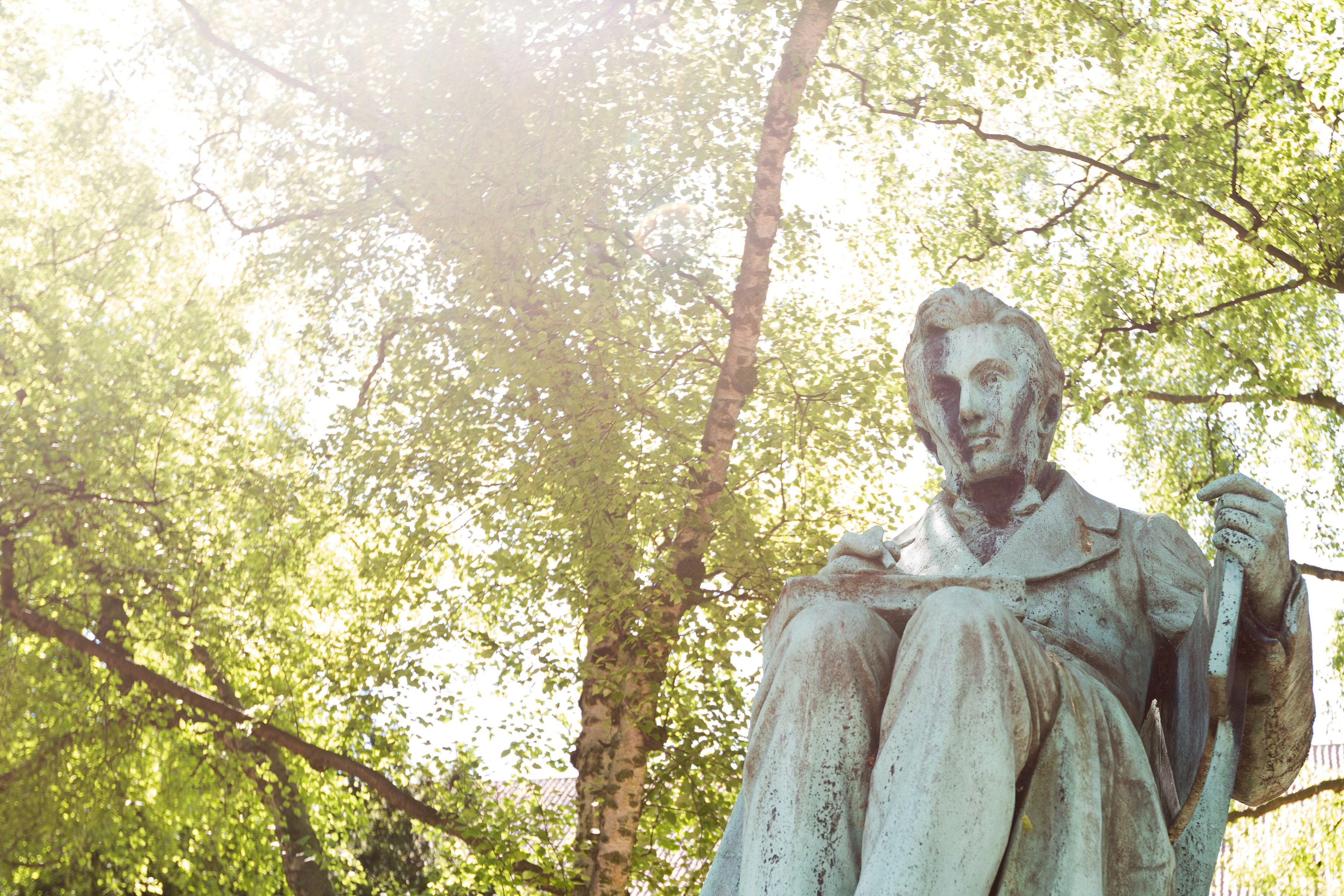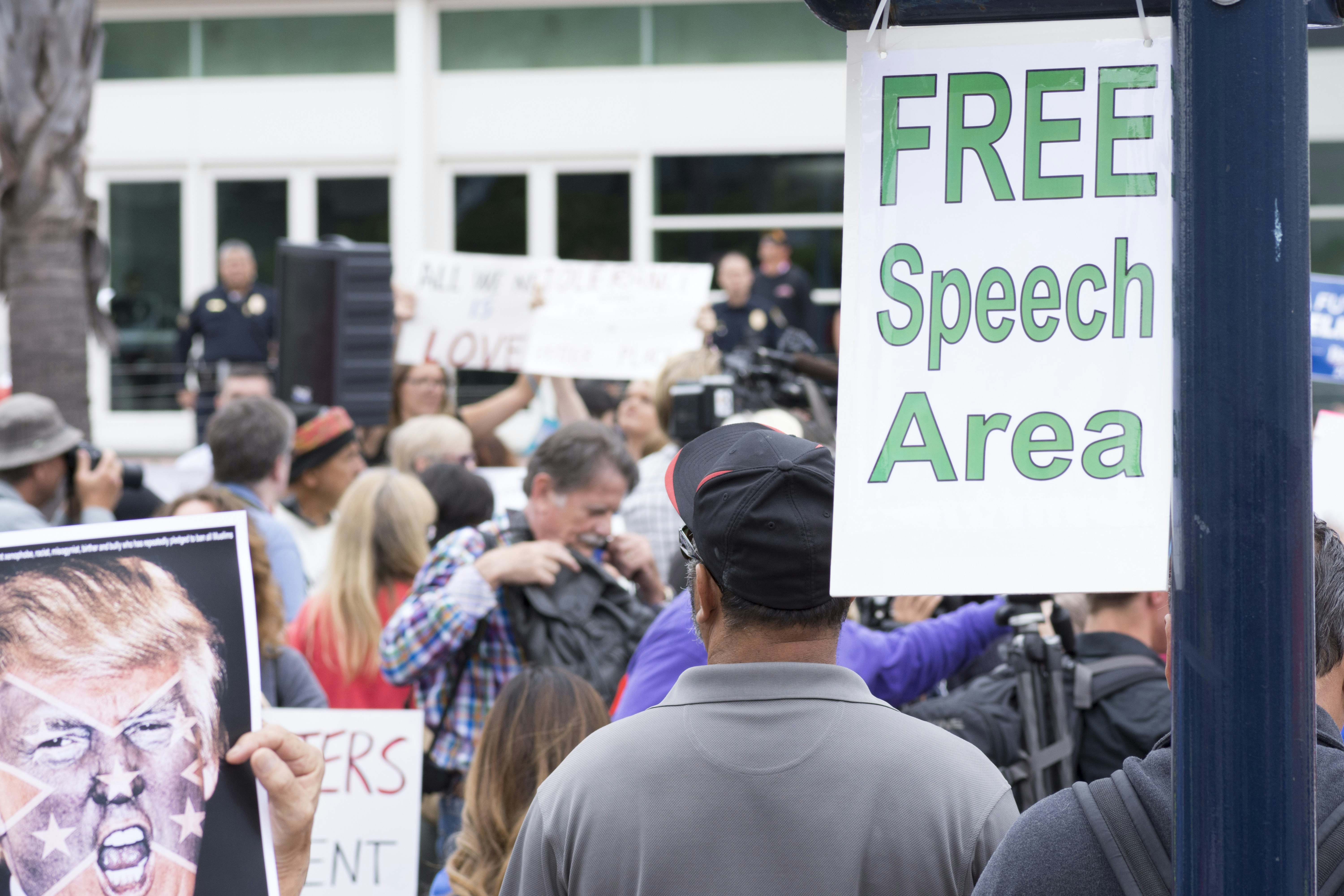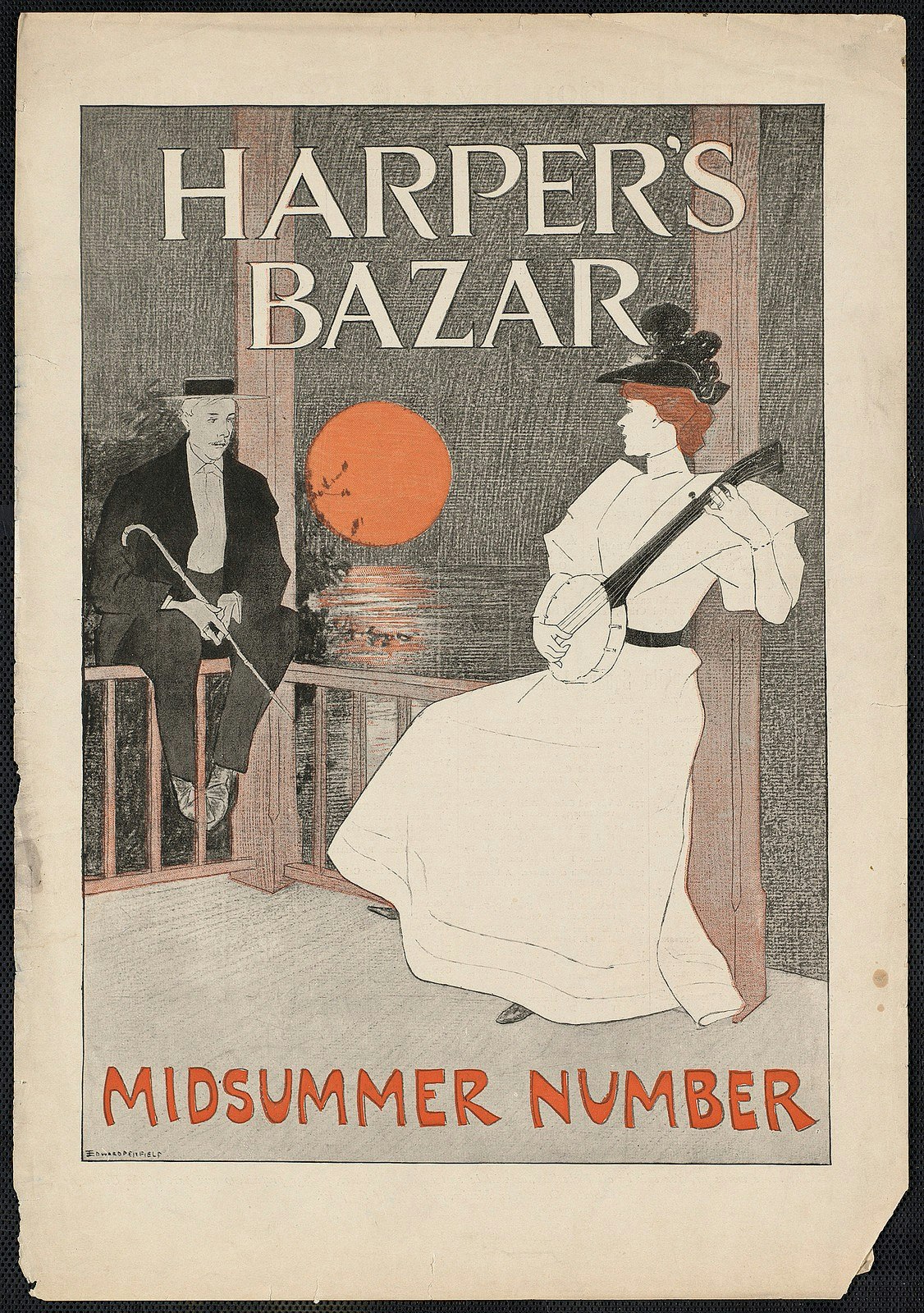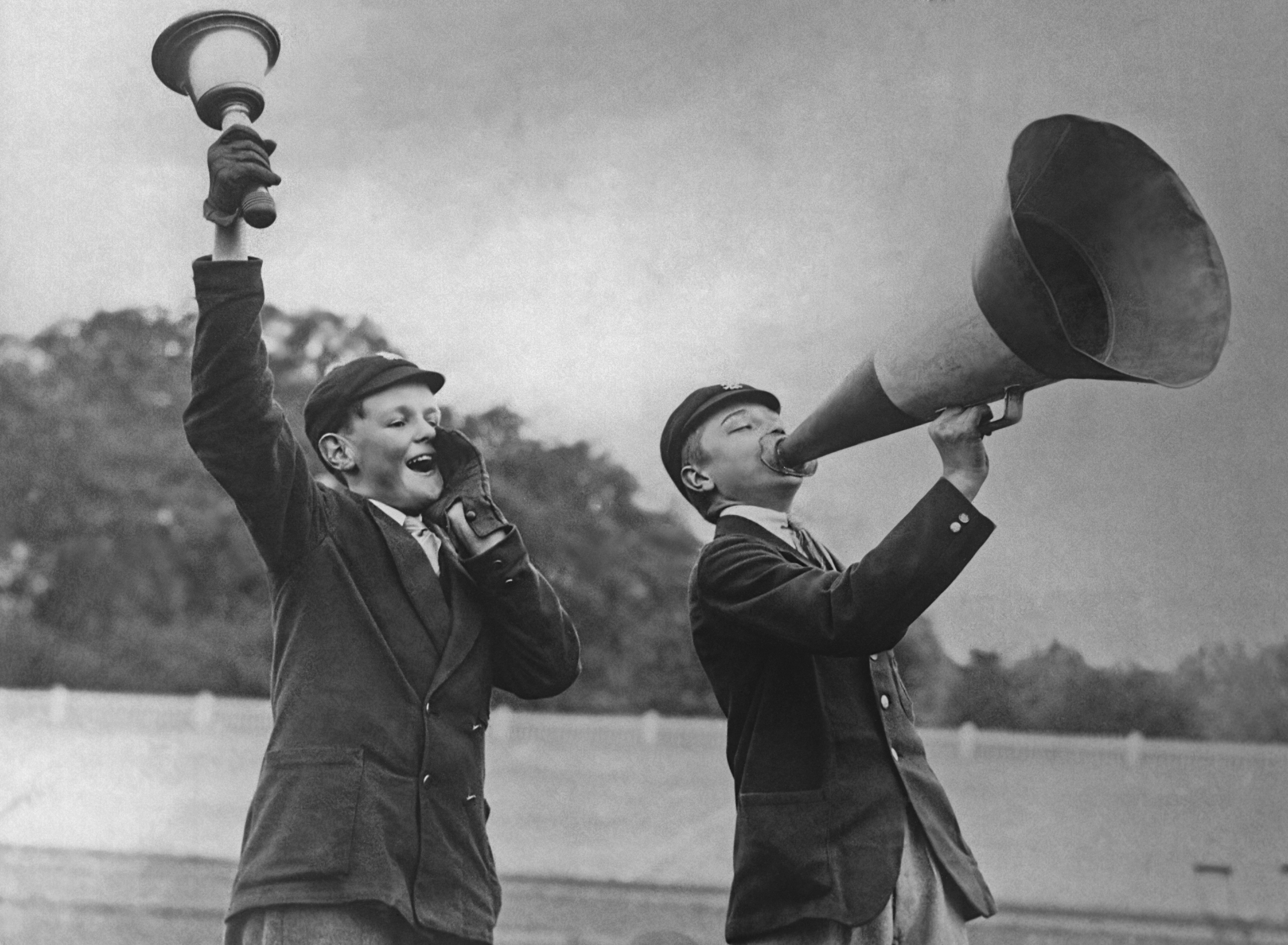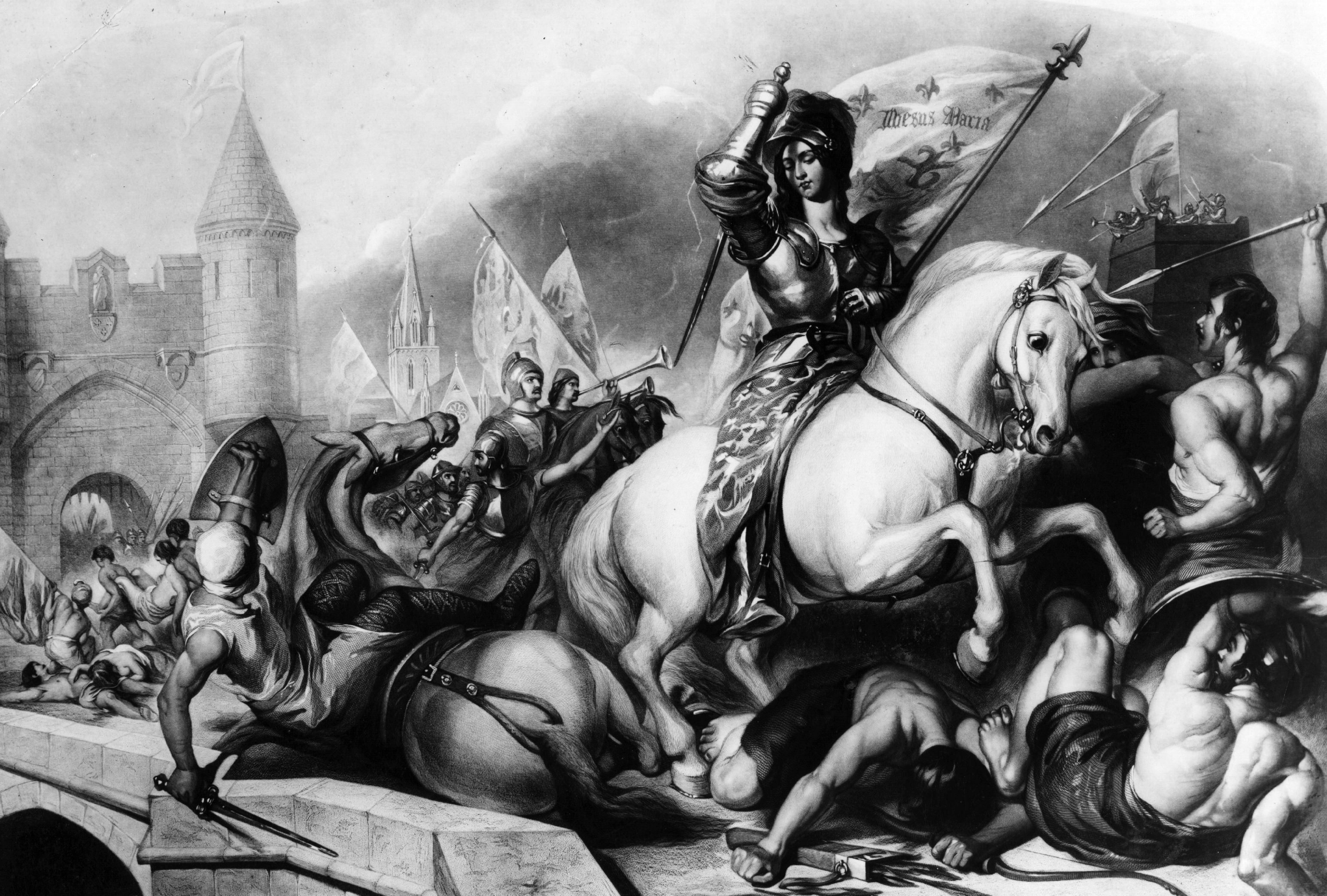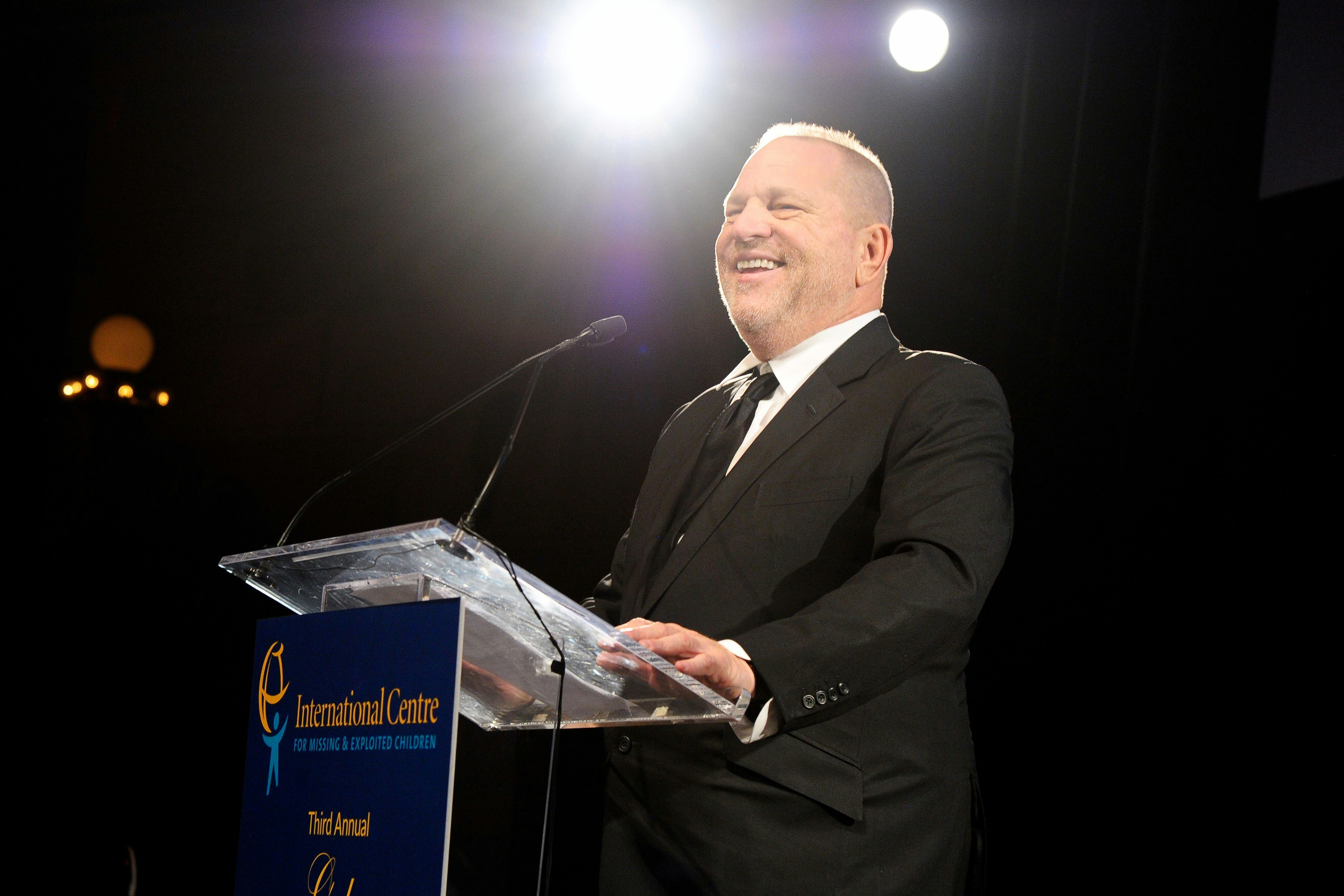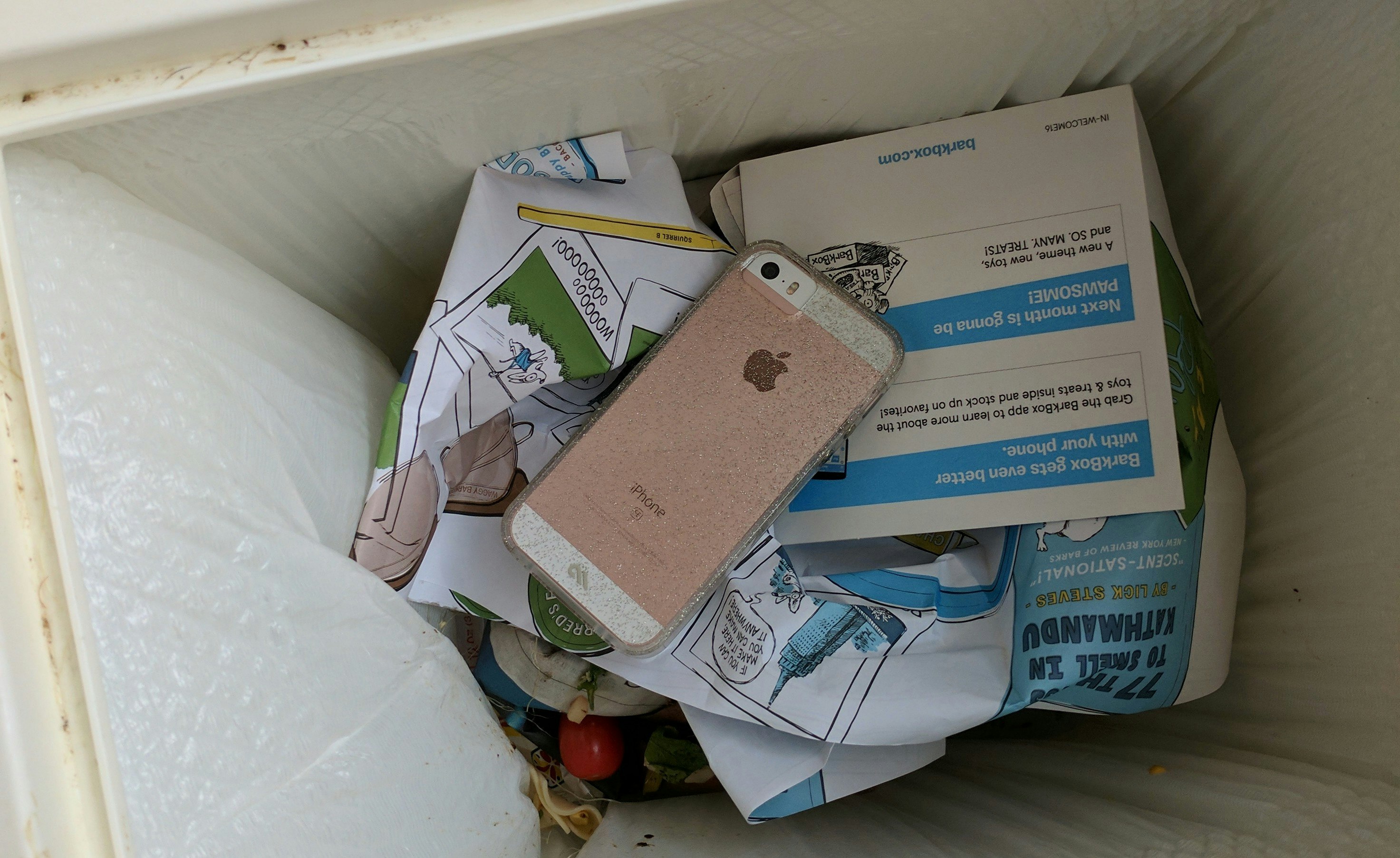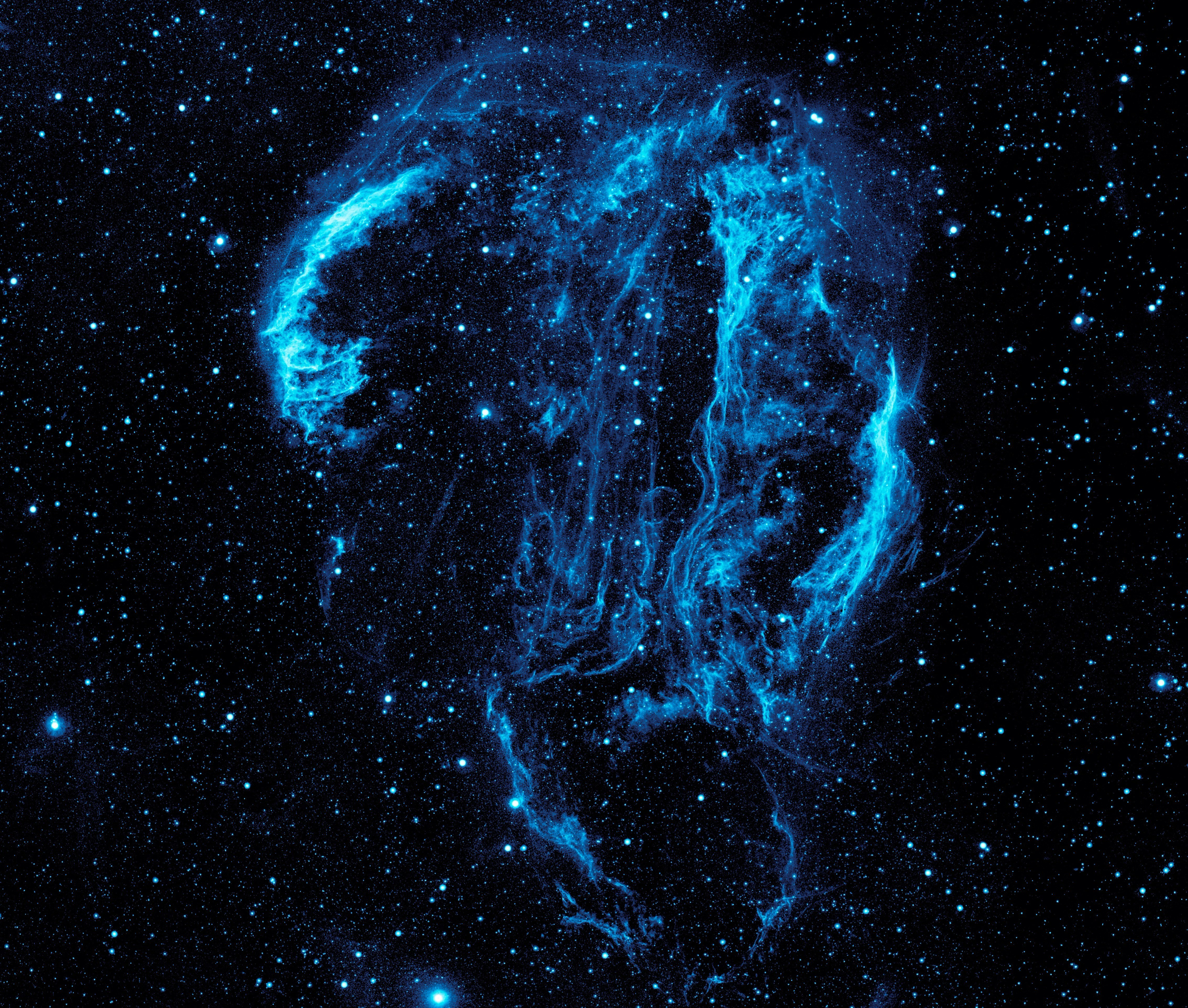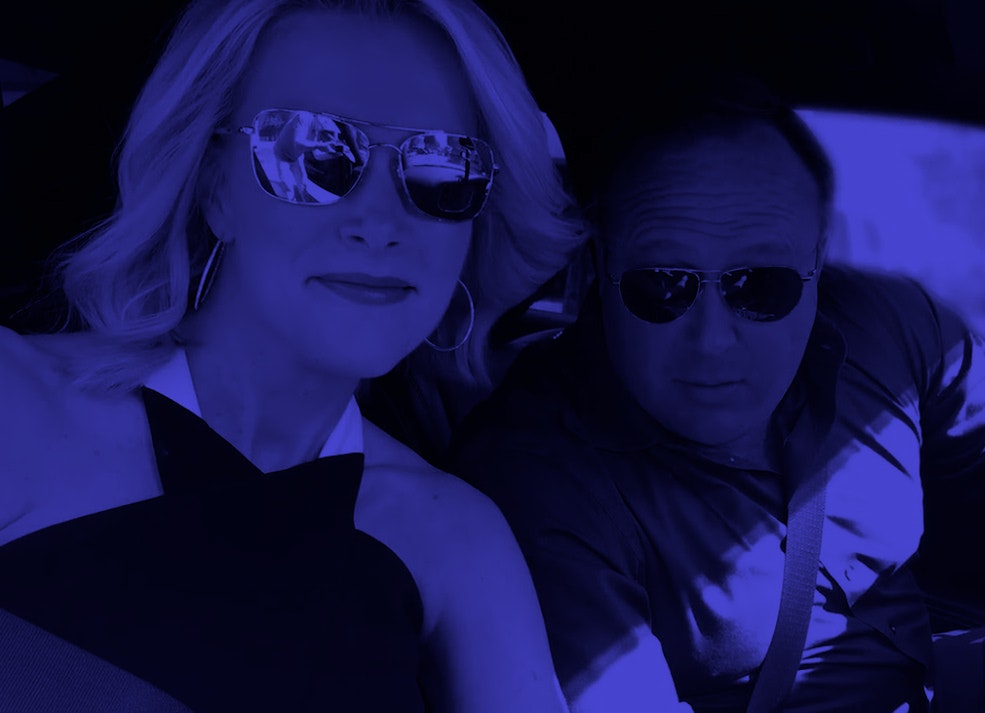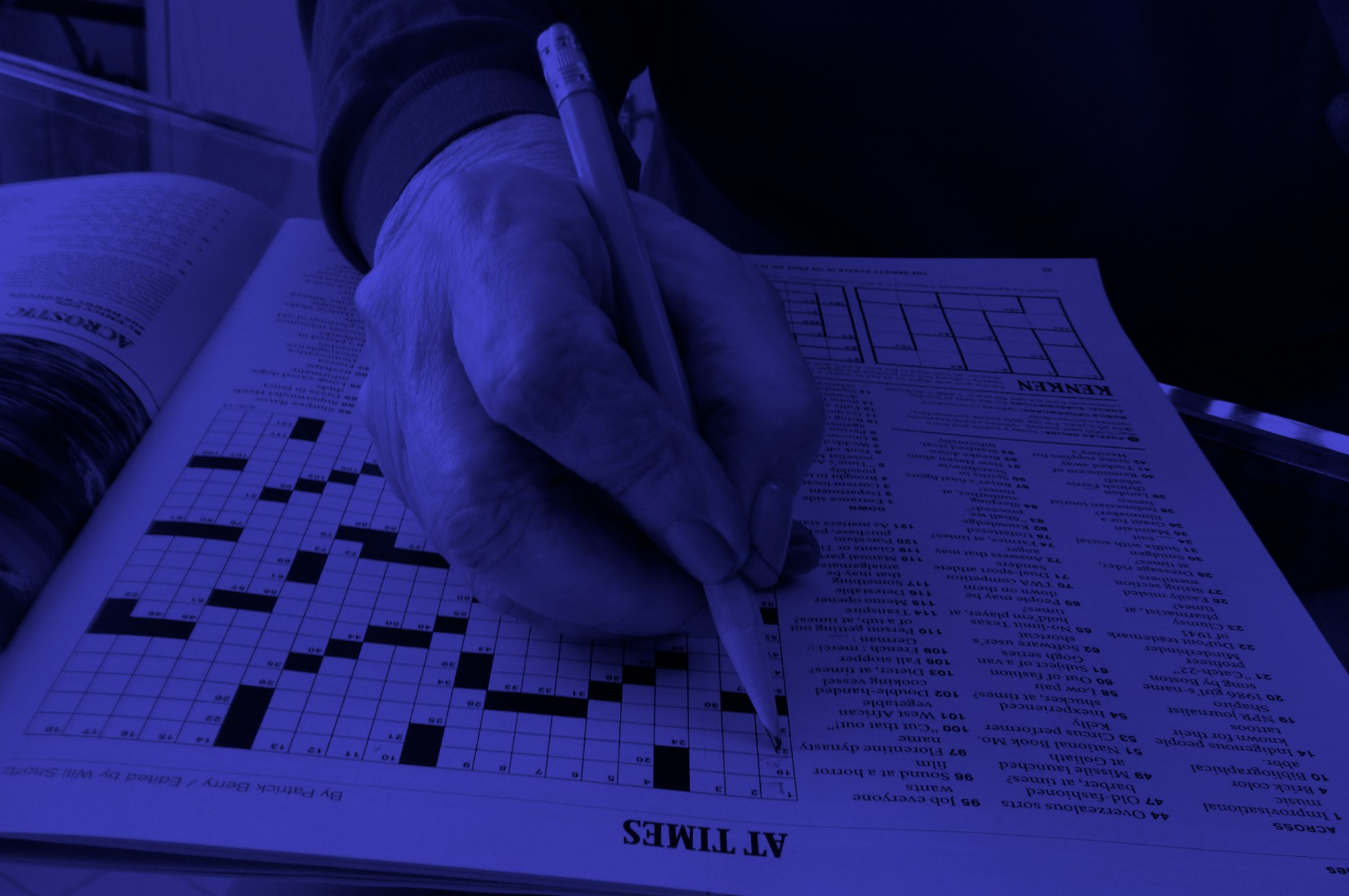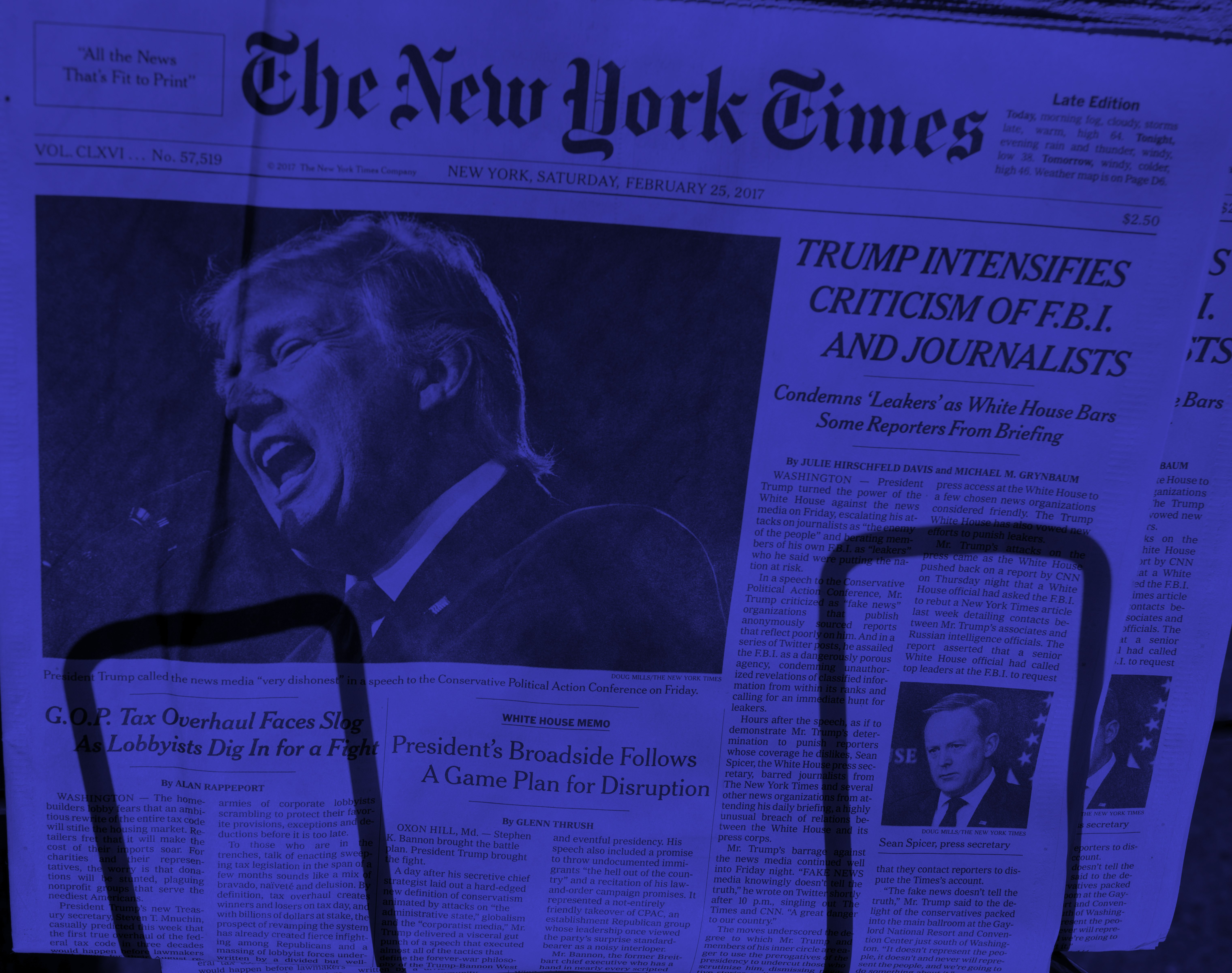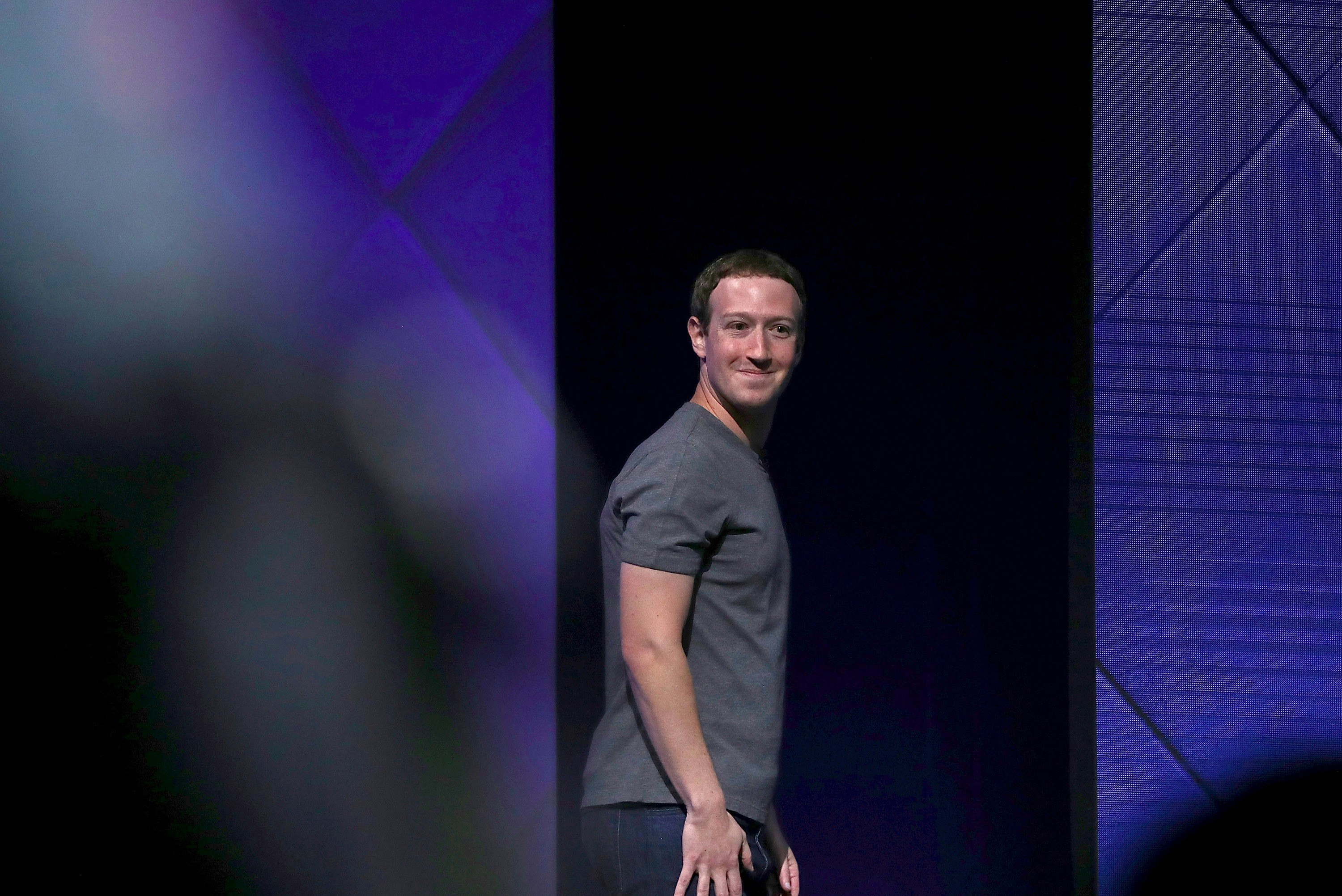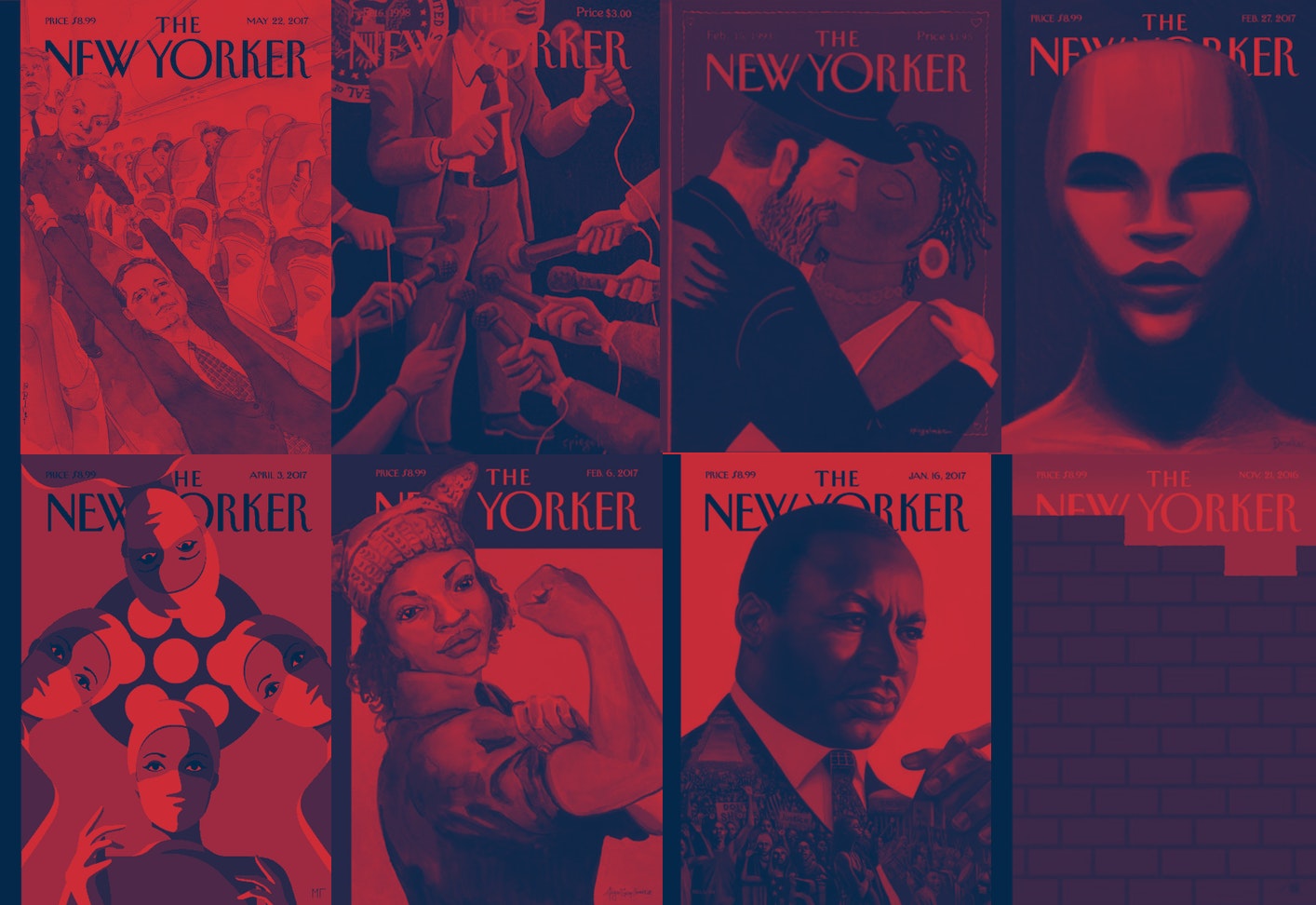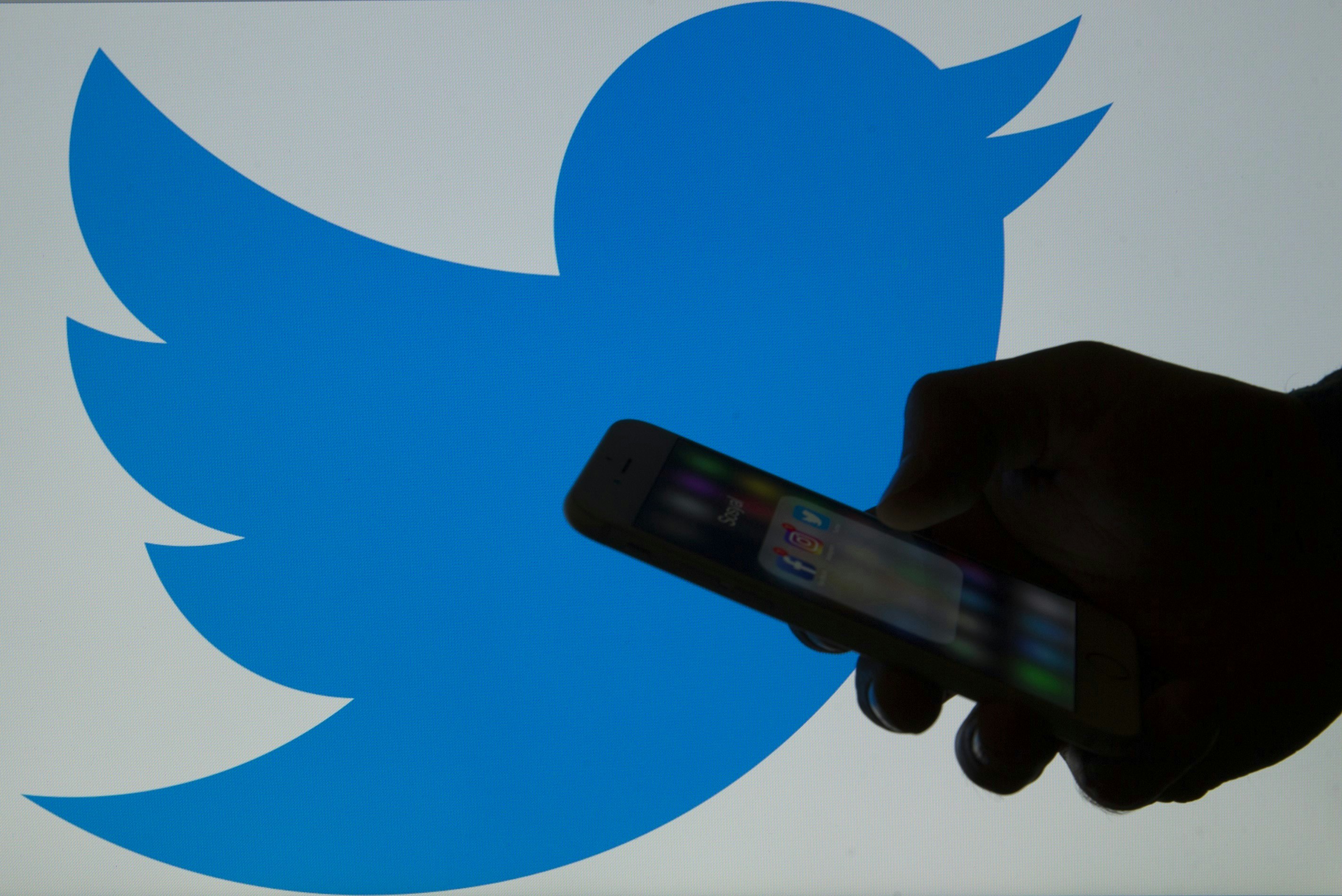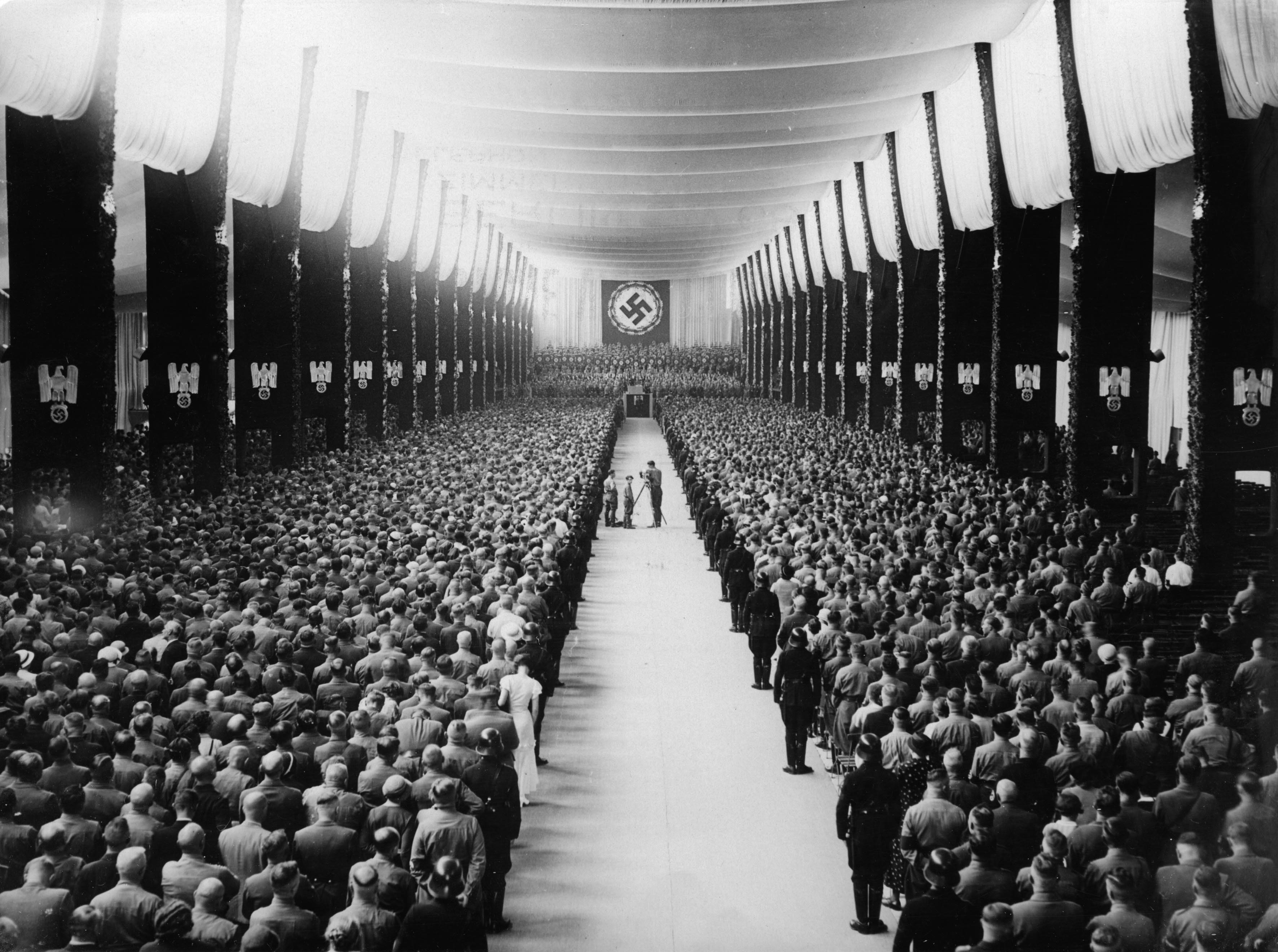Despite Lady Gaga’s seeming refusal to engage in Trump-bashing during the Super Bowl Sunday night, many publications attempted to read between the sequins of her Versace leotard to find anything, anything political in her performance during the most commercial event of the year. “If You Thought Lady Gaga’s Halftime Show Was Apolitical, Consider the Origin of ‘This Land is Your Land,’” bleated The Washington Post. Hm. No. Teen Vogue went a similar route: “If You Think Lady Gaga’s Super Bowl Performance Wasn’t Political, You Missed the Point.” I always wonder about the “you” to whom publications are referring when they use headline constructions like these. Who is she? The New York Times posed a fashion angle in an article titled “Lady Gaga, in Versace, Sends a Sparkly Super Bowl Message.” Apparently Gaga’s message, somehow conveyed by her clothing, was that inclusivity is good? On the other side of the coin, Breitbart declared: “Lady Gaga Steers Clear of Politics in Super Bowl Halftime Show (Video).” Fox News, with basically the same headline: “Lady Gaga Sings Medley of Hit Songs During Super Bowl LI, Steers Clear of Politics.” The Hill, also with basically the same headline (what is going on here?): “Lady Gaga Steers Clear of Politics in Super Bowl Show.” So which one was it? Did Lady Gaga address politics during her Super Bowl show or not?!
Well, I watched the YouTube yesterday morning and, let me say, Lady Gaga put on a great act. She flew in the air and did flips and danced and sang pretty well and her boob didn’t pop out of her bustier and make everyone think that because she had boobs that were naked under her clothes she shouldn’t work in entertainment anymore. Whether her opinion of Donald Trump needed to be expressed to an audience of 111 million people, well. I’m continually fascinated by how much responsibility we assign to celebrities. I feel so bad for them! Can’t they just lip-sync and conga line in peace without having to understand how the Senate works? If I were to indulge my more cynical self, which I am trying not to do but am doing all the time anyway, I would say that celebrities who are political in the public eye only do so to exploit causes for their own gain, and that George Clooney will probably be our next president. Hm. Since we are already discussing whether what celebrities say and do is of any importance, we might as well examine how we arrived at this point in our discourse in the first place.
Can’t celebrities just lip-sync and conga line in peace without having to understand how the Senate works?
Writing in The New York Review of Books in 2015, the cultural historian Robert Darnton delved into the history of “celebrity.” Coming into fashion in 18th-century France, the modern definition of celebrity, in perhaps its most basic and depressing reading, describes someone who achieves fame and is subsequently separated from their authentic self while being made into a public commodity. A celebrity belongs to everyone, especially those who want to buy what the celebrity is selling, be it a book, movie, song, or vision; this often comes at the cost of the celebrity’s pre-fame identity. Sometimes it leads to death.
“Celebrity belonged to what the French call ‘the collective imaginary,’” Darnton wrote. “It was a new element in the mental landscape shared by an entire population, an original category in the way of thinking among ordinary people as they sorted out the experiences of everyday life.” A basis for this idea, argued Darnton, comes from the 19th-century French sociologist Gabriel Tarde, who said that a “collective consciousness” crystallized among people who consumed the same media, discussed it at cafés, and eventually formed a coherent public opinion. Tarde, going against the popular notion of his time that the free market was an emotionless and intentional system, theorized that capitalism was a “constant amplification in the intensity and reach of passions.” Taking all of this into account, it’s instructive to consider how the concept of “celebrity” — especially when taken as natural corollary to the “constant amplification” of capitalism — has further enmeshed us in a systemic hellhole from which there is no escape.
To wit: Lady Gaga, a pop star with a reported worth of $275 million, performed at the Super Bowl at the behest of PepsiCo. Lady Gaga’s songs may have political messages to those who are familiar with them, but they are not outwardly inflammatory or even especially controversial, considering how far and how quickly the country has come on the social issues addressed in her work. PepsiCo is a $69 billion corporation. The four-to-six hour Super Bowl generates upward of $350 million in advertising revenue. Pepsi ran a spate of advertisements on Sunday night, one promoting the company's new drink, Pepsi Zero Sugar; indeed the official name of the halftime show was the Pepsi Zero Sugar Super Bowl LI Halftime Show. With 65.2 million Twitter followers, Lady Gaga is a bonafide celebrity, her persona finely crafted for public consumption. She has also entered, with her fifth and latest album Joanne, a markedly pro-capitalist, pro-Americana phase of her career; she went on a heavily promoted “dive bar tour” sponsored by Bud Light last year. The Lady Gaga of 2017 no longer fashions herself as an opinionated lightning rod in weird shoes, but as a blank slate onto which large corporations, like Pepsi, can easily project their uncontroversial values (Soda is good! Voting is... important!). Therefore Lady Gaga, on Sunday night, was a living, breathing amplification of intensity and passion for Pepsi Zero Sugar with perhaps the most astounding reach a product can dream of having in a calendar year. (The irony that the non-sporting airtime of the Super Bowl is predicated on the idea that advertisements are of great entertainment value is not lost here, but sometimes it is nice to watch people sing and dance, even if it is at the service of Pepsi.)
Unlike what Tarde theorized about the collective consciousness eventually coming to a conclusion about something by reading the news — and that conclusion meaning something to society — we are in an era in which public opinion is hopelessly polarized and, increasingly, based on the absence of fact, so much so that we are not even sure what truth is anymore. This is evidenced by how the media, in its continued post-election sclerosis, cannot agree whether Lady Gaga even addressed politics during the Pepsi Zero Sugar Super Bowl LI Halftime Show. A somehow-literate alien, upon emerging from her UFO and browsing the web, would not be able to make sense of the conflicting messages the media has produced about Lady Gaga in the Super Bowl news cycle. With fewer facts to cling to, the media’s modus operandi has become the projection of personal beliefs onto events, and the Pepsi Zero Sugar Super Bowl LI Halftime Show elucidated this as a kind of accidental Rorschach test: Liberal outlets thought Gaga was political, conservative outlets didn’t.
Lady Gaga is at her core not a tool of a political party but of the free market.
Gaga’s performance, however, ultimately illustrated how a celebrity, separated from any sort of individual authenticity as celebrities by definition are, is at her core not a tool of a political party but of the free market, on Earth to unite people with products (that they may or may not be passionate about, although I really do love my Swiffer). And so whether a celebrity is demonstratively political is really beside the point because their politics, like everything else, innately hew not to any moral imperatives but to the capitalist bottom line. I’m not sure if this makes Donald Trump’s presidency more or less awful, but here we are.
Get Leah Letter in your inbox.
